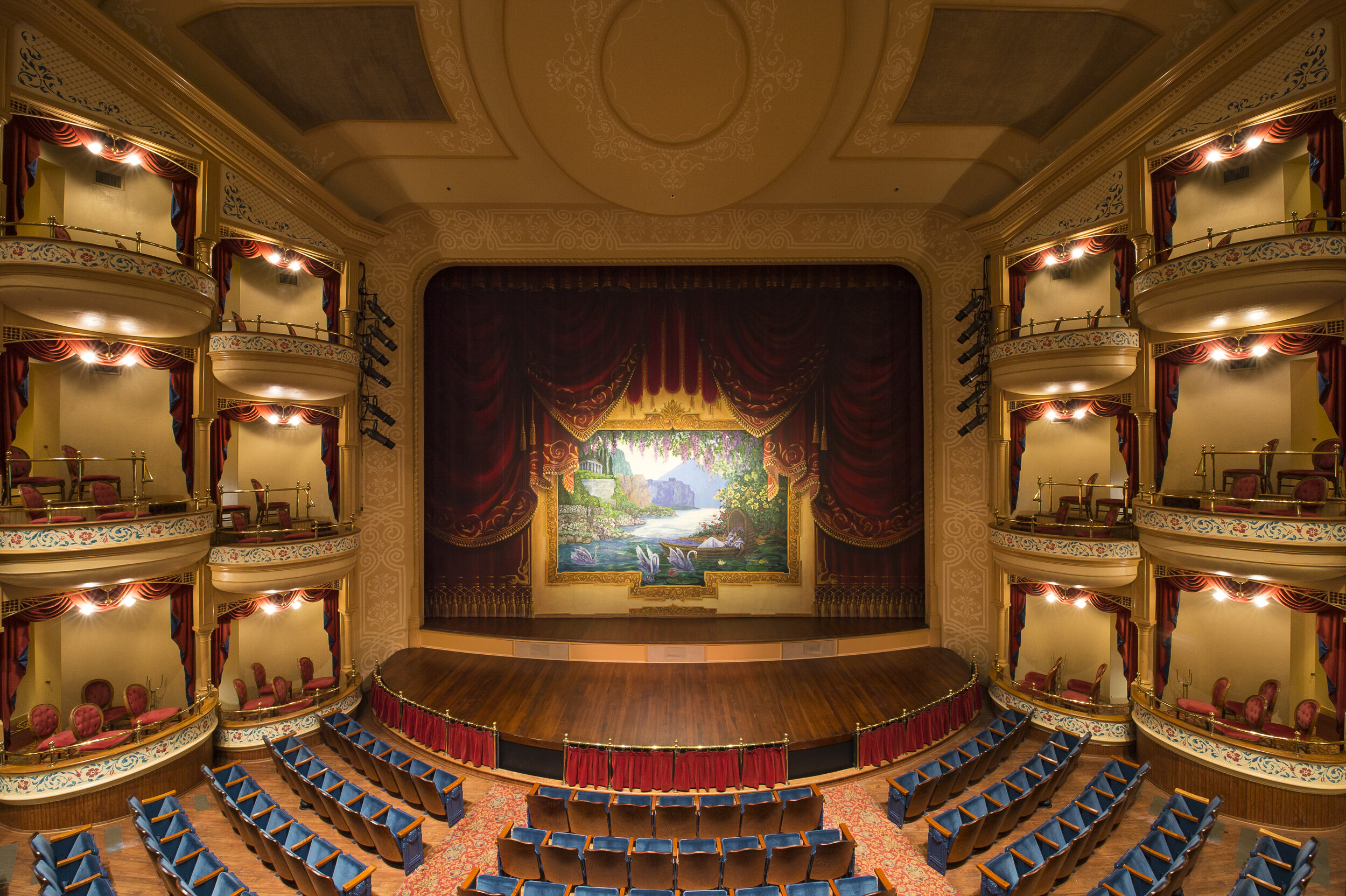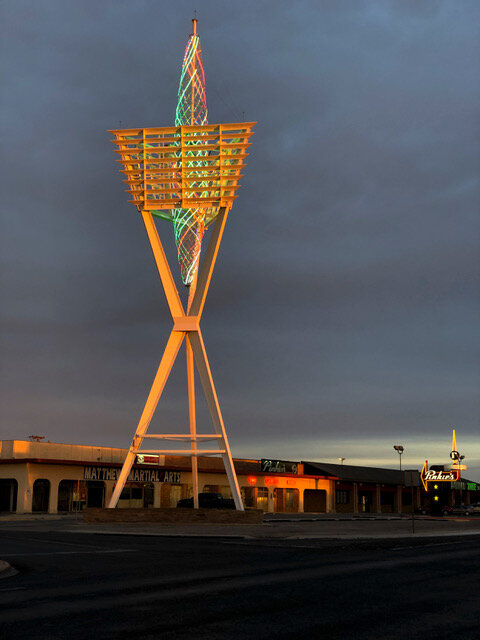Tool #3: Administering HOT funds

The State Legislature realized that “local determination”—meaning local elected officials such as the mayor, city council, city manager, and/or city attorney—was the only effective and appropriate method for determining the rate of tax and the distribution of that tax among the nine authorized uses. As a result, the rate of the tax and the amount allocated to the different authorized recipients vary from municipality to municipality.
The elected officials of each of the municipalities have the authority to determine the different ways to use the HOT within the tax code law. They also get to decide who distributes the HOT. Determining what will work best for your city is an important step in this process.
Municipal leadership can oversee the distribution of HOT directly or they could appoint a “delegated authority” to distribute the funds on their behalf. No party other than a municipality or its contractual delegate has authority to administer HOT. The delegated authority may be a municipal agency, division or department within your city, an individual, a nonprofit organization, or other entity defined by your municipal leadership.
Examples of delegated arts authorities that are municipal departments, divisions or agencies: Cultural Arts Division/ Economic Development Department (Austin), Museum and Cultural Affairs Department (El Paso), Department of Arts & Culture (San Antonio)
Examples of delegated arts authorities that are independent organizations: Houston Arts Alliance (Houston), Civic Arts (Lubbock), Arts Council of Midland (Midland), Odessa Arts (Odessa).
The primary model for granting HOT funds is for the municipality or delegate to establish a formal grant application process for organizations and artists to apply for program/project support. A grant application process should be the most equitable and transparent funding model, understandable by the community, and open to eligible arts organizations and/or artists as defined by the municipality.
You’ll find examples of designated authorities below, as well as sample applications and processes.
Examples of designated authorities:
Sample funding applications and processes:
Case Studies
From nigh-demolition to Storybook Capital of America, the arts, with support of municipal HOT, has transformed Abilene into an international destination for the arts and children’s illustrated literature.
Thanks to the Municipal Hotel Occupancy Tax (HOT), Bee Cave is transforming into a city that values and promotes the arts and culture. Here’s a real success story about how arts, municipal, hotel and tourism leaders working together established the first HOT-for-the-arts program with the Bee Cave Arts Foundation as the delegated authority. “It really feels wonderful to have money to support artists and do something great for your community at the same time.”
Learn how two communities came together to support – through HOT for the arts – a true flagship institution, the Brazosport Center for the Arts & Science, whose geographic placement literally straddles the two city’s property lines. Explore this unique and prosperous collaboration and partnership.
The Conroe Art League’s modest start hosting a visual arts competition was transformed into a robust and still growing “Madeley National” arts festival now aligned with the Young Texas Artists Classical Music Competition and the Greater Conroe Arts Alliance’ Arts Week in downtown Conroe through the investment in HOT funding for the arts. Read the Case Study here.
The numbers show how seed support from HOT for the arts have had a critical impact on the successful growth and stabilization of the nonprofit arts sector on the island. And, as Galveston looks to brand itself through its unique history, culture and environment, HOT for the arts has been a foundational investment. Read the Case Study here.
Originally initiated by Georgetown’s award winning public library, an annual public sculpture festival sparked the redevelopment of a fire station into a dynamic arts center, and now utilizing HOT for the arts, the establishment of an Arts & Culture Board, and a full time Arts & Culture Manager to oversee expanded programming and marketing and communications strategies. Together these creative elements have put Georgetown on the map. Read the Case Study here
In 2014, Odessa Arts commissioned a public art master plan for the City of Odessa. As part of the planning process, community input meetings were held across the city. In every single meetings someone would raise their hand and say, ‘Would you please do something with the Cloth World sign? It’s a community landmark and it’s just sitting there, rusting.”



















